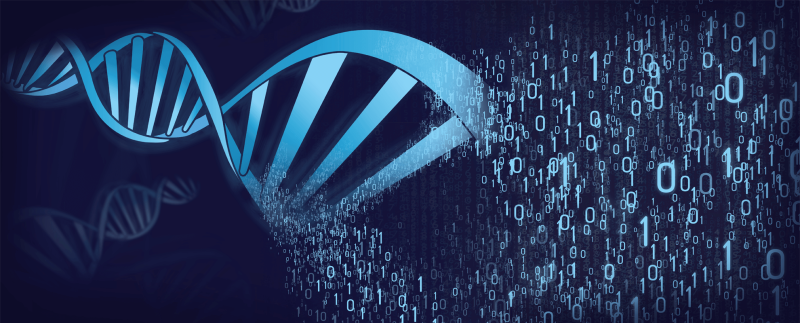SynBioBeta 2018 culminated in a final panel discussion about the future of DNA synthesis — what many would call the future of synthetic biology. SynBioBeta CEO John Cumbers led a panel of five industry experts to discuss the future of DNA synthesis from an applications, market, and ethical viewpoint.
…
The conversation quickly turned to one of the hottest topics in synthetic biology today: DNA data storage, which several companies, including Microsoft, are hotly pursuing.
“I’m convinced this is a big deal and will create demand for synthetic DNA many orders of magnitude higher than current demand,” said [Bioeconomy Capital director Rob] Carlson. “I have a sneaking suspicion that … our storage technologies, our computational technologies, are gonna really look more like the way information processing and storage does in a cell today, than the way we do it with our phones.”
…
But how close are we really to the future of data storage in DNA? Andrew Hessel, CEO of Humane Genomics, posited that while it is really early, we may not be as far off as we think.
…
To Hessel’s point, Carlson offered a prime example: Microsoft’s prototype data center that will run fully off of DNA. The project has a deadline of only two years — much less than the ten-year window Kamdar initially saw as realistic when he started with Molecular Assemblies.
Read full, original post: The future of DNA synthesis































